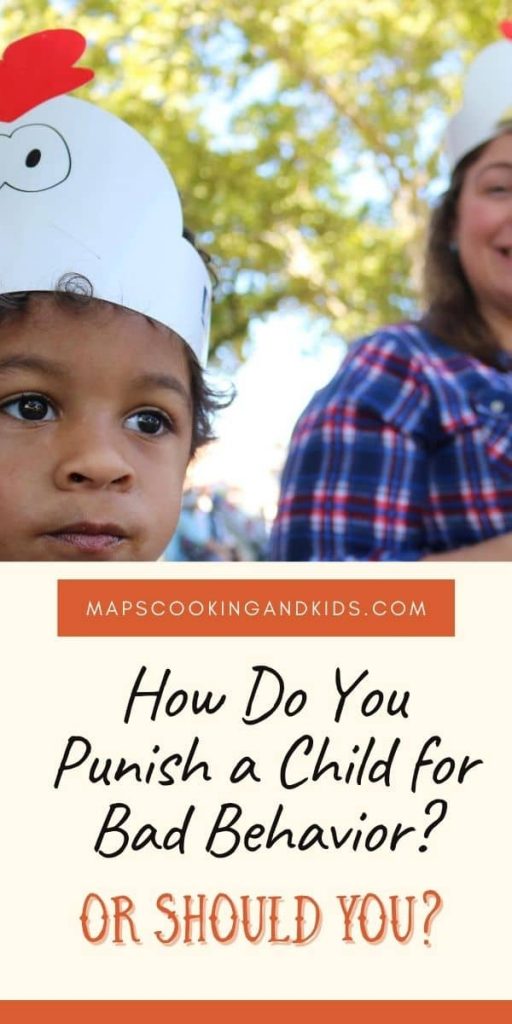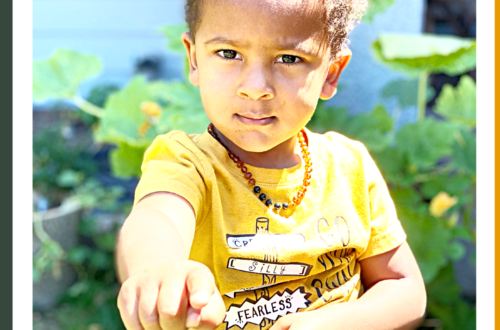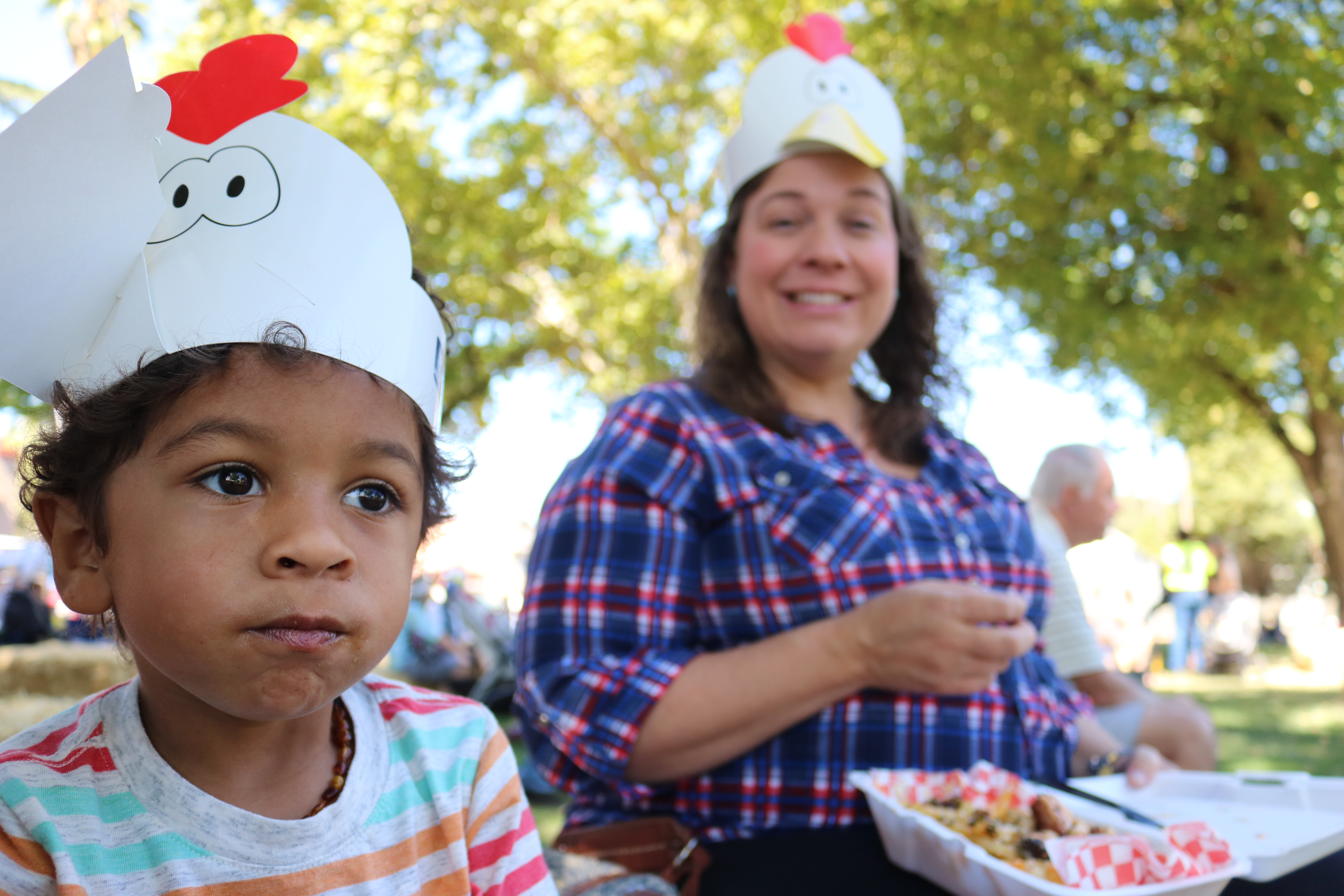
How Do You Punish a Child for Bad Behavior? {or should you}
What makes a child’s behavior good or bad? We have all seen that naughty little kid, the one who climbs shelves or breaks stuff on purpose – generally going around seeing what kind of havoc he/she can create, and how easily they can get away with it all. Perhaps we were that bad child ourselves?! Or maybe our parents didn’t understand positive parenting.
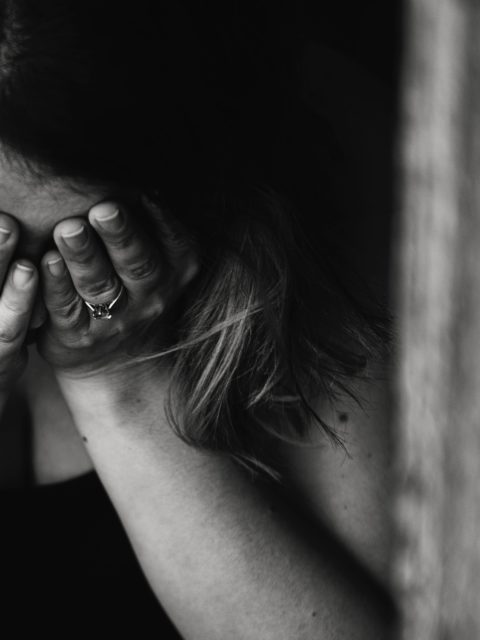
It’s difficult to be a parent, especially when kids don’t behave the way we want them to. But kids have minds of their own, and as they grow and learn more about life, their behaviors will certainly change. Yet, where does one start with punishment? After all, most of us were hit at one time and we survived.
In the study, Externalizing Behaviors of Ukrainian Children: The Role of Parenting, researchers aimed to assess the outcomes of positive parenting and negative parenting. The results were not surprising – “positive parenting, child monitoring, and avoidance of corporal punishment were associated with fewer child externalizing symptoms.”
Positive parenting
We as parents shape our children’s behavior as we are the first and foremost contact in their lives. Based on research, children in the Ukraine and in the United States have externalizing behavior problems that stem not only from physical disciplining, but also from inconsistencies in enforcing discipline.
RELATED: 4 Ways to help your child become a successful reader
Positive parenting, on the other hand, helps form a child’s sense of security and competence. Praising your child for good behavior or for making good choices in life goes a long way in making them a model adult.
What does ethnicity, race, or country location have to do with child behavior?
It is as simple as this: if children are aggressive or exhibit roughness in the young ages of life, they are likely to carry it into adulthood and pass it on. However, it has been noted that in countries where physical punishment is more common, there was a lower negative impact on the child’s development. Is it then okay to beat your children in some countries, and not in others? We think not.
Skin color, religion, and ethnicity do not matter as much as low-income or poverty and single parenting when it comes to corporal punishment. As far as poor-monitoring goes, all around the world where kids are not supervised, they are “more likely to engage in rule-breaking behavior”.
If children learn kindness, rather than corporal punishment, they are more apt to choose to solve conflict intellectually, instead of trying to enforce their physical power on others.
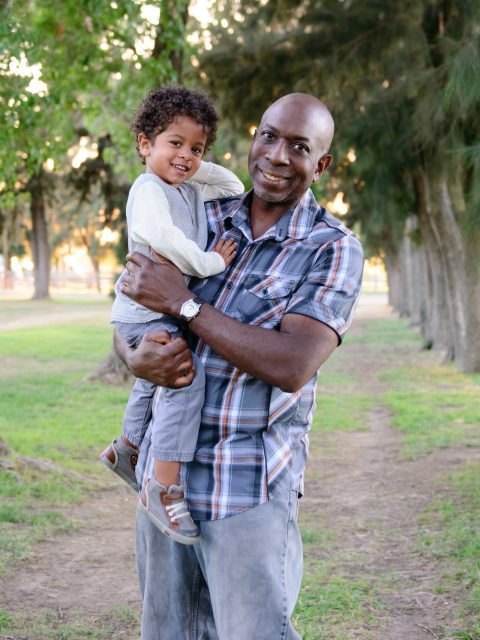
Rahima Baldwin Dancy, author of You Are Your Child’s First Teacher urges parents to “Encourage your Child’s Natural Development From Birth to Age Six”.
Have you ever spanked your child? How did you, and your child, feel afterwards?
Spanking, yelling, and trying to reason with a toddler can be hard. What has worked for you in regards to disciplining your child? Has one method worked better for one child and something completely different for another child? Do you believe in the term ‘bad child’? We would love to have you connect and follow us on Twitter.
